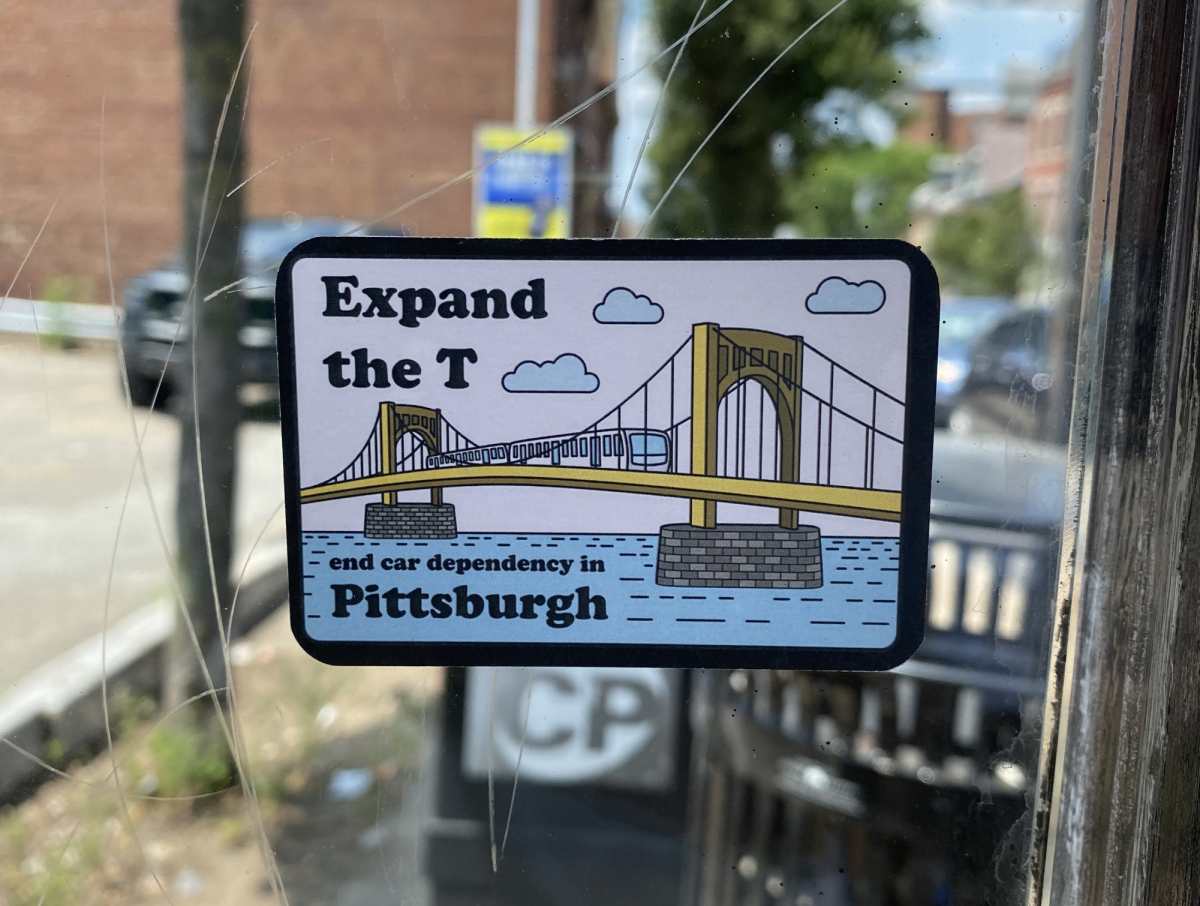With Pennsylvania’s Presidential primary this week and the general election in November, the number one question is: are you registered to vote? But another good question is: which political party is right for you? Can it be predicted by where you live? Perhaps your religion, race or gender can determine it? Or is it the same as your parents’ political party? A Gallup poll indicates seven out of every 10 teens, or 71 percent, say their social and political ideology is about the same as their parents’ beliefs. That statistic is backed by authors of a 2008 book, “The American Voter Revisited.” It found that parents who have the same party affiliation pass it to their children about 75 percent of the time. I guess parents are pretty strong influences after all.When digging through the Gallup numbers, I found that 21 percent say they are more liberal than their parents. Only 7 percent consider themselves more conservative than their parents. That’s a 3-to-1 ratio that children will be more liberal than their parents. According to an article on USAtoday.com, “In essence, it’s more likely for a young liberal to be from a conservative family than for a young conservative to come from a liberal family,” said Mike McDevitt, associate professor at the University of Colorado at Boulder. That makes this CBS News statistic from the 2008 Presidential election make more sense: “Almost 79 percent of college students surveyed in Colorado, North Carolina, Ohio and Pennsylvania who said they will vote for McCain reported that their parents will vote the same way. That compares to 58 percent of Obama supporters who said they share the same candidate preference as their parents.”Personally, I had a grandfather who absolutely loved the Grand Old Party and voted Republican in every election he could. Those of older generations tend to be very reliable voters, and, yes, the Fox News Channel is frequently on in my parents’ house. So, I guess it’s safe to say I’m considered “more liberal” than my family influences.One of the other factors that can contribute to political party affiliation is religion. The “Religious Right” is a strong factor in the Republican party. Those who are more concerned with issues such as abortion, school prayer or traditional marriage are more likely to align themselves with the Republican party. If religion and those types of issues are important to you, statistics say that you should be a Republican.Gender can predict what political party one chooses. Remember, women did not achieve the right to vote until 1920. I still find that unbelievable. According to UShistory.org, women were more likely to support Republicans through the 1950s. By the 1960s, equal legal rights became important and more switched their loyalties to the Democratic Party. In recent elections, the allegiance has continued. Polls indicate that many issues that women feel strongly about such as education, health care and equal pay for equal work are more favorably addressed by the Democratic Party.If you’re a woman, you’re more likely to be a Democrat. If you’re a guy, flip a coin, the numbers are pretty even.Race is another factor that can be a good predictor of one’s political party. UShistory.org explains that for the past 50 years, African Americans have been “the most loyal Democrats, than any other identifiable group.” But various Latino groups are not as easy to predict. For example, Cuban Americans overall tend to be Republicans, while Mexican Americans are more likely to be Democrats. Asian Americans tend to vote conservative, but their political party registration is not overwhelmingly Republican. And finally, where you live can impact the political party you join. That’s the whole red state and blue state thing. Democrats are blue and Republicans are red. Or, if there’s not an overwhelming majority of either party, I guess that makes it a purple state?Pennsylvania is generally depicted as a blue state, though I guess at times, it could be a purple state. There’s a “Conservative T” in our state, comprised of the northern and central rural regions that are more supportive of Republicans. However, the large urban areas of Pittsburgh and Philadelphia are overwhelmingly Democrat. For those of us living here in Pittsburgh, it’s more likely that we are Democrats.Again, all of these items are merely presented as factors that can possibly predict what political party we’ll choose. The really awesome thing is that we can choose whatever party we want. I only mentioned the two big parties. There are many other options. The Green Party, Constitution Party and Libertarian Party are just a few of the many, smaller parties available. I’d invite you to determine it for yourself. Don’t just use my psychic powers that were assisted by some statistical probabilities. There’s some good resources where you can easily determine what political party or even what presidential candidate you agree with most.The best I’ve found is the 2012election.ProCon.org website. First of all, I didn’t even know about the non-major party candidates, but, they include third party or independent candidates such as Gary Johnson and Buddy Roemer for comparisons.The site has an excellent feature where people can take a test and see where they match with the various candidates on 50 different issues. One of the things that sets this apart from other online tests is the fact that you don’t have to answer every single question. There’s a “don’t know/don’t care option.” I found this useful, because honestly, does somebody really have opinions on every single one of those 50 issues? Okay, I guess somebody somewhere does, but not me!
April 19‘Burgh Bites: Subway








